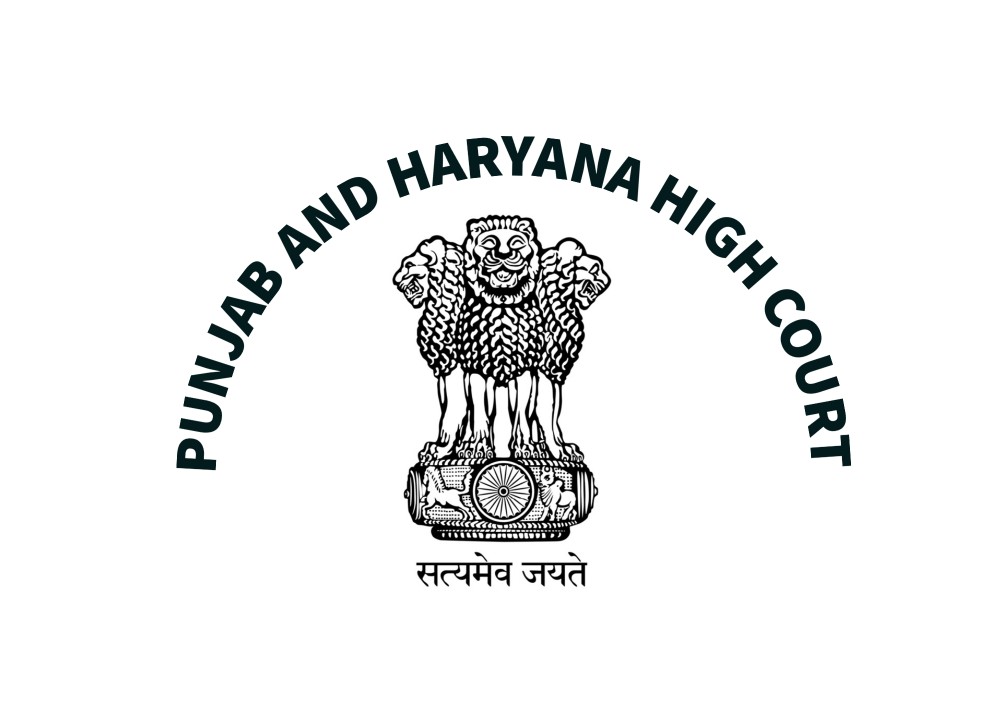Punjab & Haryana HC orders DGPs to state on affidavits as to why interrogation of accused should not be videographed in appropriate cases

Read Order: Kaushal vs State of Haryana and others
Tulip Kanth
December 20, 2021: The Punjab & Haryana High Court has ordered the DGPs of Punjab & Haryana to file their own affidavits and state on it as to why this court should not direct that videography be conducted of the interrogation of the petitioner.
In the affidavit of the AIG, Punjab, it had been stated that videography of 26542 persons lodged in different jails of Punjab, would become very difficult each time that they are to be taken to the court, though CCTV cameras are installed at the police stations across the State, at the court premises, as also in and around prisons, which can be utilized to determine the departure and arrival timings of any jail inmate whenever he/she is taken to any other place to face court proceedings etc.
The counsel for the petitioner did not refute that factual position as regards cameras being installed in jail premises, police stations and court premises, but pointed to Section 41-B of the Cr.P.C., 1973 and submitted that every time that the petitioner (and any other jail inmate) is arrested in the context of any other offence (other than the one in the context of which he is already in jail), he is bound to be informed of his right to name a relative or a friend who would be informed of his arrest (in the context of each new case), with such relative/friend to be obviously so informed accordingly.
The Counsel also pointed to paragraph 22 of the petition, in which allegations of the worst kind were made against the interrogating officers/officials, which were so reprehensible and inhuman, because even if it was a criminal of the worst kind who is involved in such interrogation, no person could be subjected to such depravity.
The Bench of Justice Amol Rattan Singh also observed that if a person is found guilty of the commission of any offence, he/she would suffer the consequences thereof, including capital punishment if that is so warranted in any particular case, but nevertheless, the kind of allegations that have been made in the aforementioned paragraph were of the most depraved kind of behaviour, that no human being should either indulge in or be subjected to.
“In view of the above, the DGP of Punjab and the DGP of Haryana are both directed to file their own affidavits in reply to the aforesaid allegations and state on affidavit as to why then this court should not direct that videography be conducted of the interrogation of the petitioner, though of course this court is obviously fully aware that an allegation of any kind can be made by an accused person, though there may not be any truth in it, said the Bench.
The Court also added that yet, it is to be observed that in any civilized society interrogation is now always down under videography to ensure that no inhuman methods of interrogation are resorted to, with it to be further observed by this court that proper methods of investigation and interrogation also result in criminals being convicted and therefore there would be no excuse to say that if interrogation is made subject to videography, it may not have the desired results as regards the guilt or innocence of an accused.
Stating that a disclosure statement made in police custody, unless it leads to actual recovery etc., would normally not be admissible in evidence, the Bench also held that the DGPs shall state as to why this court should not, at least in appropriate cases, direct that interrogation be conducted under videography, so that neither can such like treatment of accused persons be resorted to, nor would accused persons then be able to make such accusations/allegations.
Adjourning the matter to January 7, 2022, the Bench held that in the meanwhile, the States shall ensure that the mandatory provisions of Sections 41-B, 41-D and 54 and all other statutory provisions contained in the Cr.P.C., are duly adhered to by the respondents-States not only in respect to the petitioner but also obviously in respect to all persons accused of any crime.
Sign up for our weekly newsletter to stay up to date on our product, events featured blog, special offer and all of the exciting things that take place here at Legitquest.




Add a Comment